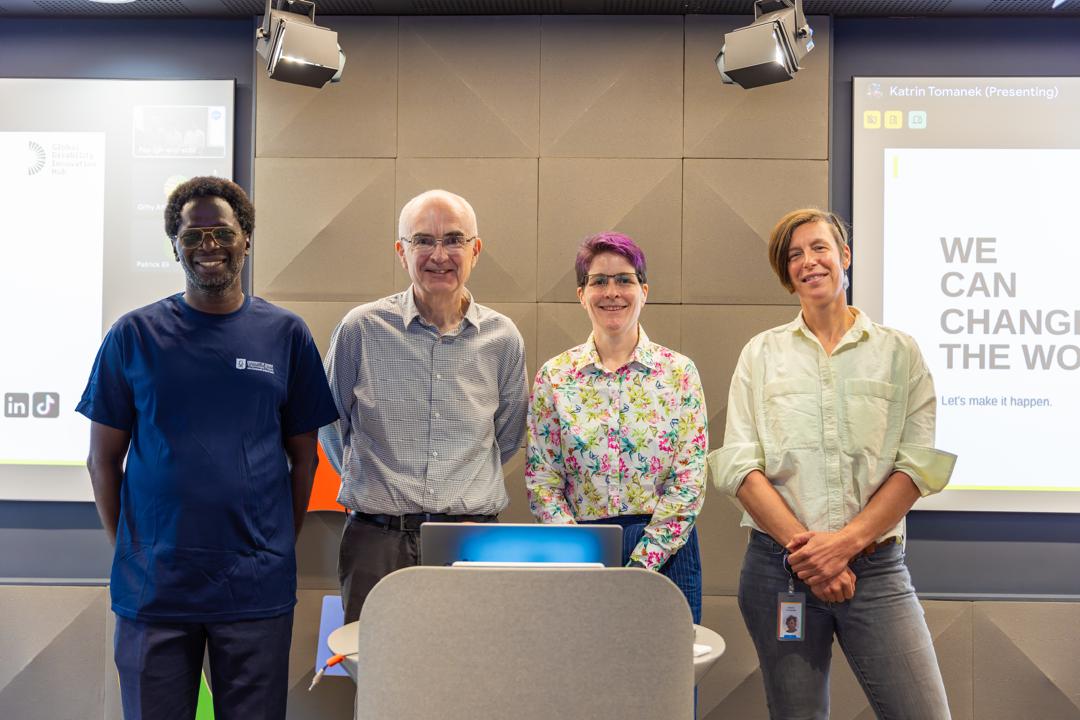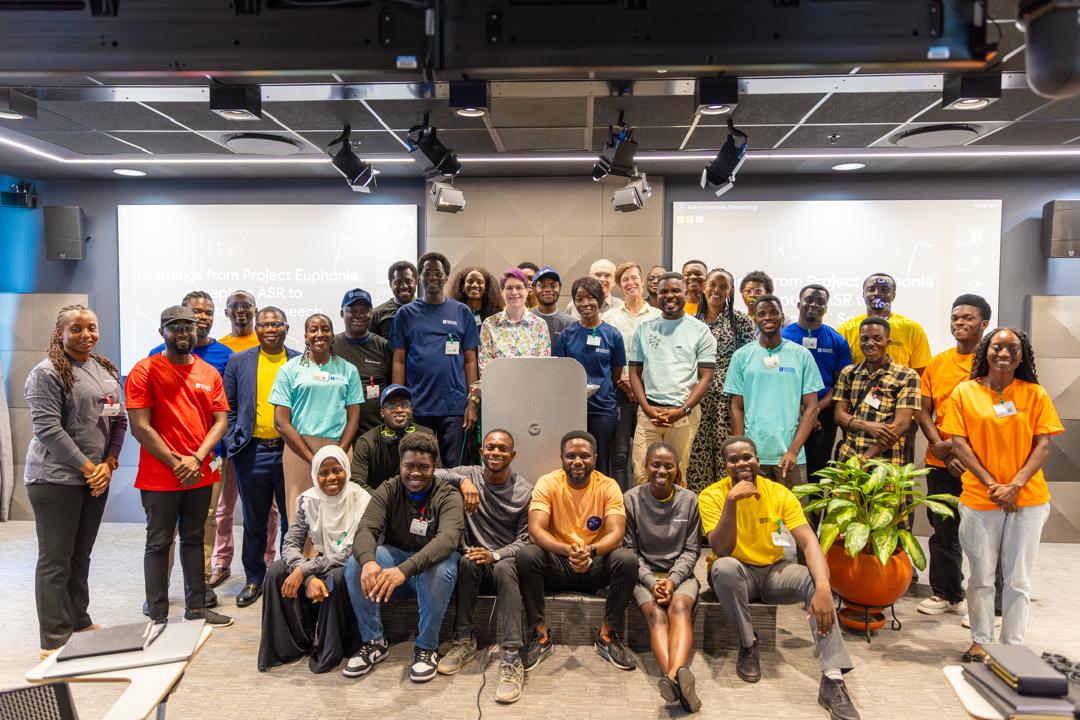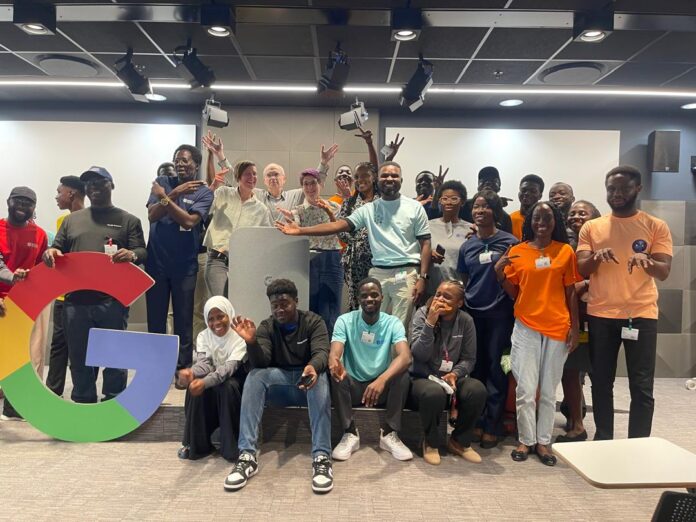The University of Ghana, in collaboration with Google Research Africa and UCL’s Global Disability Innovation Hub (GDI Hub), has rolled out “tɛkyerɛma pa” (“Good Tongue”), an AI-based initiative aimed at improving communication for individuals with non-standard speech patterns.
This project focuses on enhancing AI-powered speech recognition technology for five major Ghanaian languages: Akan, Ewe, Ikposo, Dagbani, and Dagaare, marking a significant step toward making communication more inclusive for all.

Globally, many individuals with non-standard speech due to conditions like cerebral palsy, ALS, stroke, Down syndrome, or Parkinson’s disease have faced significant barriers in communication.
Current speech recognition technologies often struggle to accurately interpret non-standard speech, limiting their effectiveness.
The tɛkyerɛma pa project aims to address this gap by training AI models to better understand these speech patterns in local languages, ultimately enhancing accessibility and making speech recognition more inclusive for Ghanaians with non-standard speech.

During a press briefing and tech talk at the Google Ghana office to present the progress of Project Euphonia, Prof. Isaac Wiafe, Project Lead and Associate Professor at the University of Ghana, told Adom News, “No one should be left behind, and we are excited to lead this important initiative.
“By developing localized AI solutions, we can ensure that more Ghanaians have the opportunity to communicate effectively, regardless of their speech patterns,” he stressed.
Project tɛkyerɛma pa is supported by a $40,000 grant from Google, with research expertise from UCL’s GDI Hub provided through the AT2030 program.
Katrin Tomanek, Senior Research Scientist at Google Research, also expressed excitement about collaborating with the University of Ghana on Project tɛkyerɛma pa, supporting their efforts to create the first open-source dataset of non-standard speech in Ghanaian languages.
She stated that the project reflects Google’s ongoing commitment to supporting AI research in Africa and ensuring that technological advances benefit everyone, regardless of how they speak.
Academic Director of the GDI Hub, Prof. Cathy Holloway, believes expanding the reach of AI-powered recognition to more languages is crucial to ensure that people living with non-standard speech can communicate more effectively with others and with devices in their daily lives.
ALSO READ:

